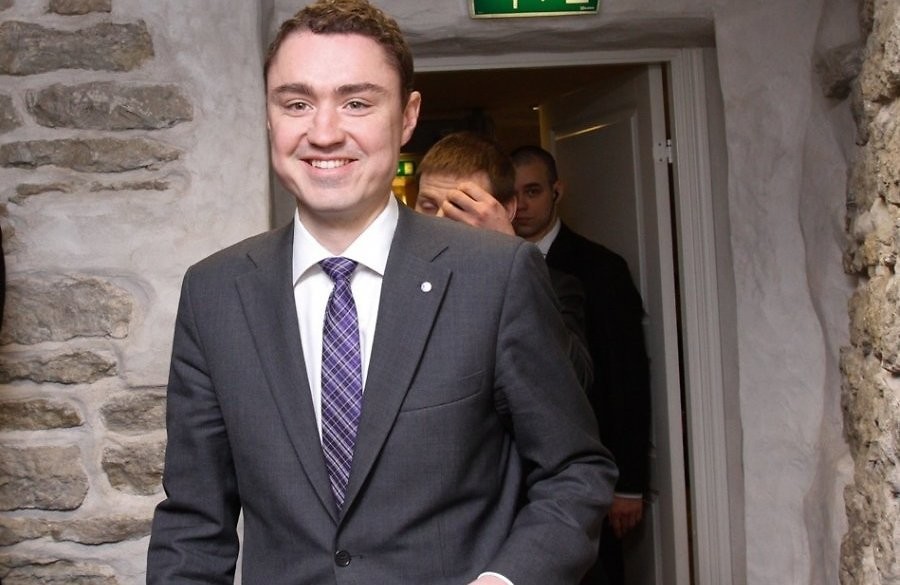Estonia's ruling Reform Party wins election victory
Published on 2 march 2015Prime Minister Taavi Roivas, whose party has 30 seats, is set to form a coalition in the 101-member parliament.
The results are a blow to the Centre Party, which has ties to Russian President Vladimir Putin, who were expected to do well in the poll.
Estonia was once part of the former Soviet Union but is now a Nato member.
"The Reform Party is the 2015 winner of the parliamentary elections," Mr Roivas declared on the ETV public television station.
'No Centre coalition'
Mr Roivas' party claimed 27.7% with most of the votes counted, down from 28.6% at the last parliamentary elections in 2011.
The pro-Russian Centre Party took 24.8% of the votes, winning one more seat to take them to 27 in total.
The Social Democrats, who have been Reform's coalition partner, now hold 15 seats after losing four while the IRL party lost nine seats to take them to 14.
Analysts said Reform could face some difficulty in forming a new coalition, with parliament now split between six parties rather than the previous four.
The two newcomers - a free-market liberal party and an anti-immigration conservative party - won 15 seats between them.
Asked whether he would contemplate forming a coalition with the Centre Party, Mr Roivas said "definitely not".
'Estonian-minded'
In the run up to the election, Mr Roivas had called for an "Estonian-minded government". At 35, he is the youngest prime minister in Europe.
The country's political debate has been dominated by economic issues and fears over defence due to Russia's actions in Ukraine.
One voter in the capital, Tallinn, told the AFP news agency: "If [the Russians] come in here, Estonia can't do anything."
"I'm not sure Nato will help us out, Let's hope that it will not go that far," he added.
Estonia has seen a number of airspace violations by Russia, and last year a security official was detained by Russia and accused of spying.
Mr Roivas has voiced concerns that Russia could seek to destabilise other former Soviet states following the conflict in Ukraine - a view echoed last month by UK Defence Secretary Michael Fallon.
The Centre Party leader, Edgar Saavisar, favours a friendlier approach to Moscow, and has previously suggested that Russia's annexation of Crimea could be legitimate.
About a quarter of Estonia's 1.3m population are ethnic Russians, many of whom are Centre Party supporters.
The country is a pioneer of electronic voting, with a reported one in five casting their vote online.
Source: BBC News


